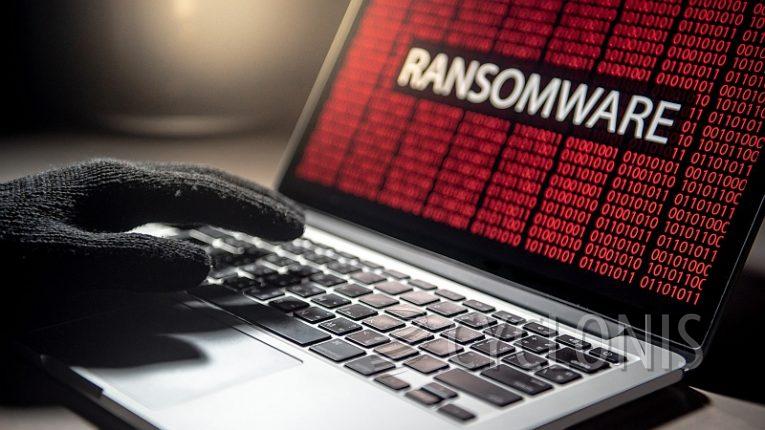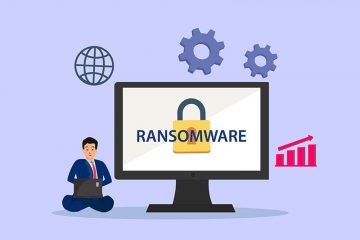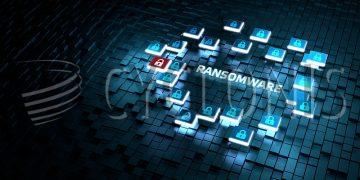Trash Panda Ransomware Displays Unusual Ransom Note

During our routine examination of recent file submissions, our research group stumbled upon the Trash Panda ransomware variant. This particular malicious software was discovered as part of our continuous efforts to investigate emerging threats.
Upon executing a sample of Trash Panda on our controlled test environment, the program promptly initiated its data encryption routine. As a result, file names underwent alteration with the addition of a ".monochrome" extension. For instance, a file named "1.jpg" was swiftly transformed into "1.jpg.monochrome," while "2.png" became "2.png.monochrome," and so on. Once this encryption process reached its conclusion, an accompanying ransom note labeled "[random_string]-readme.html" was generated.
The ransom note employed by Trash Panda conveys the distressing message that the victim's files have been securely encrypted. The note goes on to advocate reaching out to the malicious actors behind the attack in order to initiate the recovery process for the compromised data. A crucial warning is included, underscoring that failure to establish contact with the cybercriminals before the countdown clock reaches zero will result in the permanent deletion of the decryption key, effectively rendering any attempts at data restoration futile.
Trash Panda Ransom Note Alludes to Military Conflict
The full text of the Trash Panda ransomware uses leet-speak, substituting letters with numbers, and refers to some sort of armed conflict without mentioning anything specific. The note reads as follows:
Team Trash Panda was Here
All your files have been trashed by our
7r45H P4ND4 Asomeware
Let's make a D341. You free our people. We free your data.
Do not try to recover any file. All files were trashed using a very advanced encryption standard established by U.S. National Institute of Standards and Technology (NIST). You can check the following link to learn how your files were trashed. hxxps://en.wikipedia.org/wiki/Advanced_Encryption_Standard
We don't care your data. We don't care money. We want our family to return back to us and YOU GET OUT OFF OUR MOTHERLAND.
Oh, BTW, you have limted time to make decision. We will delete the master key after the countdown clock expires. Hurry ~ Hurry ~
YOUR KEY WILL BE DELETED AFTER
(countdown timer)You can contact us at -
If you want your files back, put the following key in the input form. We will contact you later
How is Ransomware Like Trash Panda Distributed Online?
The distribution of ransomware like Trash Panda typically involves a variety of tactics and techniques designed to exploit vulnerabilities, user behaviors, and technological weaknesses. While I don't have specific information about the distribution methods of "Trash Panda" since my knowledge cutoff is in September 2021, I can provide you with general insights into how ransomware is commonly distributed:
- Phishing Emails: Cybercriminals often send convincing emails that appear to be from legitimate sources, containing malicious attachments or links. When users interact with these attachments or links, the ransomware payload gets downloaded and executed on their system.
- Malvertising: Malicious advertisements on websites or ad networks can lead users to websites hosting ransomware. Simply visiting a compromised website can trigger the download of the ransomware onto the victim's computer.
- Drive-By Downloads: Cybercriminals can exploit vulnerabilities in software, plugins, or browser components to deliver ransomware to a user's system without any user interaction. This is known as a drive-by download.
- Compromised Software Installers: Attackers can infiltrate legitimate software installers, adding the ransomware payload. When users download and install the software from compromised sources, the ransomware also gets installed.
- Remote Desktop Protocol (RDP) Attacks: Attackers can target systems with weak or unprotected RDP connections. They gain access and install ransomware manually, or use automated tools to deliver the ransomware payload.
- Malicious Macros: Malicious macros embedded in Microsoft Office documents can be used to download and execute ransomware when users enable macros in these documents.








